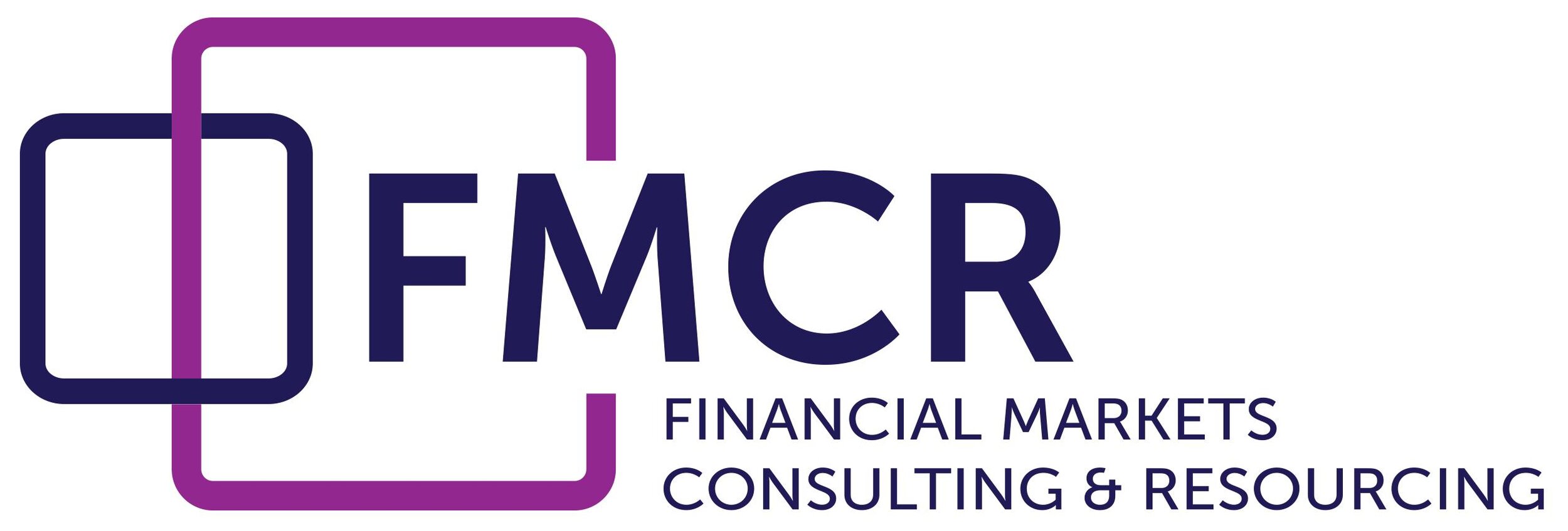Archegos Collapse: Did WFH potentially play a part?
Did WFH potentially contribute to the Archegos events?
WFH has almost certainly reduced the levels of casual internal discussions occurring across different departments. Did this exacerbate the problems around Archegos?
The collapse of Archegos was as sudden as it was dramatic - within the space of a few days in late March, the Bill Hwang Family Office had imploded, making it one of the most spectacular demises in recent financial history. It’s now clear that there were substantial heavily leveraged positions. These were largely created via OTC TRS, and enabled the discreet accumulation of enormous long positions highly concentrated in a small number of stocks.
Despite there remaining some mystery around the immediate events leading into the collapse, it does appear that the investment banks involved were somewhat caught on-the-hop, and were also seemingly unaware of the magnitude of the cumulative positions held in these stocks across the banks.
Did WFH play an inadvertent role in the suddenness of the downfall?
WFH has, for many, been a welcome relief from the daily commute, and talking on Zoom etc is now a full part of our everyday lives.
However, it’s also probably an unavoidable bi-product of WFH that our conversations with work colleagues are often now more organized, formalized, and, importantly, siloed - as we all know, it’s certainly not so easy having a casual, low-key chat via Teams, particularly with colleagues whom you don’t know quite so well.
In “normal” times face-to-face casual conversations occur every day and often in spontaneous ways - maybe in a corridor, around the classic “coffee machine”, or even (still) over a cigarette in a drafty corner outside the building.
These conversations will range freely over many topics. And, crucially, they may be discussions between people from different departments who would not dream of setting up a Zoom call, but might, in passing, comment on recent strange or unusual events - driven by their intuition and experience that is sending signals something is possibly “not quite right”.
And, the events surrounding the period before Archegos’ demise were certainly unusual and noteworthy.
For example, it’s possible to envisage a situation where long-standing colleagues in the Finance and Market Risk departments could have chatted about recent high levels of market activity they’d noticed in a few specialist equities and then mentioned this in passing to someone in the Prime Brokerage Unit?
So, could it be that the WFH-created absence of this diversity of thinking and casual, informal chatting have contributed to the dramatic events surrounding Archegos? That’s to say, has a natural and longstanding part of the internal ‘checks and controls’ process have now gone missing?
And, is this a possible warning for trading floor management to be aware that WFH could have unintended consequences?
